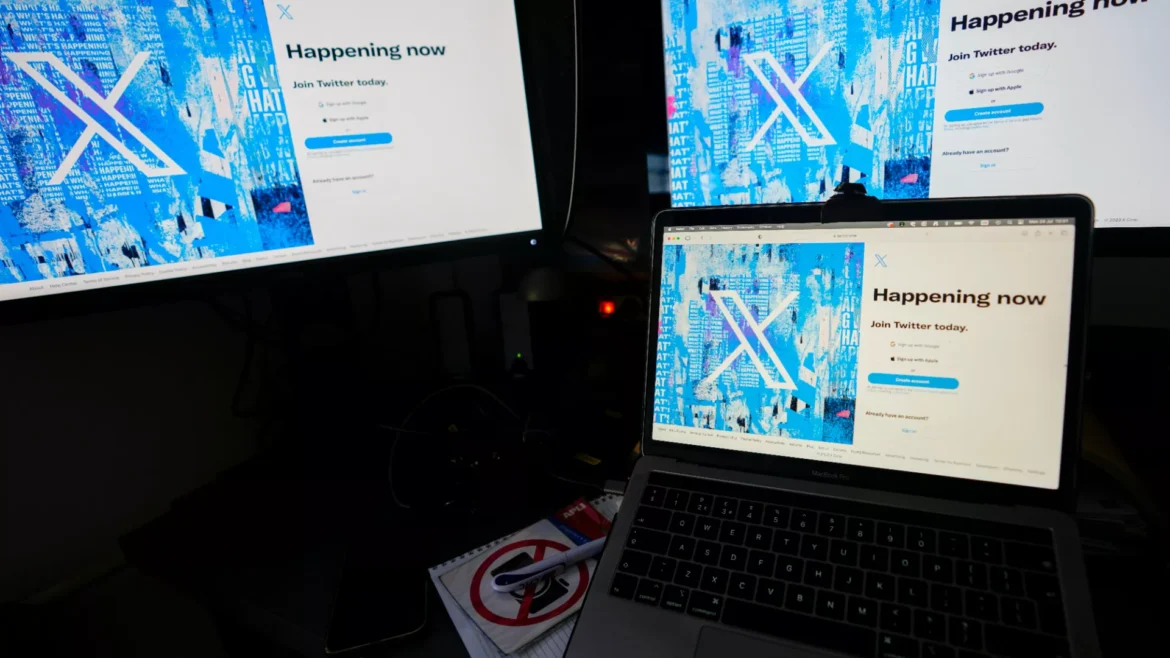In a groundbreaking legal ruling, two prominent German non-profit organizations have secured a significant victory against Elon Musk’s X, the social media platform formerly known as Twitter. The Berlin Regional Court ruled on February 6, 2025, that X violated European Union (EU) law by denying researchers access to critical data that would help examine how posts on the platform could influence upcoming elections. This decision marks a pivotal moment in the ongoing battle for transparency and accountability in the digital age.
The lawsuit, filed by Democracy Reporting International (DRI) and the Society for Civil Rights (Gesellschaft für Freiheitsrechte, GFF), argued that X had breached the EU’s Digital Services Act (DSA). Under the DSA, platforms like X are mandated to provide researchers with public data “without undue delay.” The court ruled within 72 hours that X must grant unrestricted access to all publicly available data, ensuring that the organizations can continue their essential research without obstruction.
This ruling is more than just a legal win—it’s a significant victory for academic freedom and the protection of democracy in the digital age. Simone Ruf, Deputy Director of GFF’s Center for User Rights, hailed the decision, stating, “This decision is a huge victory for academic freedom and our democracy. We have secured access to crucial research data and are blocking attempts to manipulate elections. It is a strong signal for protecting fundamental rights in the digital age.”
The two organizations had initially requested access to X’s data in April 2024 as part of their broader research into the impact of online political discourse. However, despite completing the required application form, DRI’s request was denied in November 2024. The refusal came despite other platforms providing the organizations with the data they needed. X, on the other hand, offered limited access through its Application Programming Interface (API), but the data available through the “Pro Access” tier was insufficient for a comprehensive study. Researchers found the $5,000 (€4,794) fee for higher volumes of data prohibitively expensive.
The lawsuit claims that the limited access and exorbitant fees effectively hinder research into systemic risks associated with the platform. It argued that the “Pro Access” tier only allows access to one million posts per month, a figure far too small to adequately assess the risks posed by disinformation and online manipulation. In fact, one disinformation campaign could use up the entire monthly data allotment, leaving researchers with no way to study the broader scope of harmful content. The European Commission has also raised concerns over X’s restrictive data policies, noting that the platform appears to be discouraging research or leaving organizations with no option but to pay exorbitant fees.
This case serves as a critical reminder of the importance of transparency in the digital age and the need for platforms like X to prioritize the protection of public trust over profit. As the world’s leading social media platforms become increasingly influential in shaping public discourse, the need for independent research and oversight has never been greater.
This victory for academic freedom underscores the growing demand for greater regulation and oversight of social media giants, particularly in the lead-up to major political events like elections. By securing access to the data, these organizations will play a key role in understanding and mitigating the risks posed by online disinformation campaigns and foreign interference in democratic processes.
Stay ahead with the latest news on global innovation, leadership, entrepreneurship, business, and tech. Join us on WhatsApp or Telegram for real-time updates. Have a report or article? Send it to report@theinnovationtimes.com. Follow us on X (Twitter), Instagram, LinkedIn, YouTube, Pinterest, and Facebook for more insights and trends.



